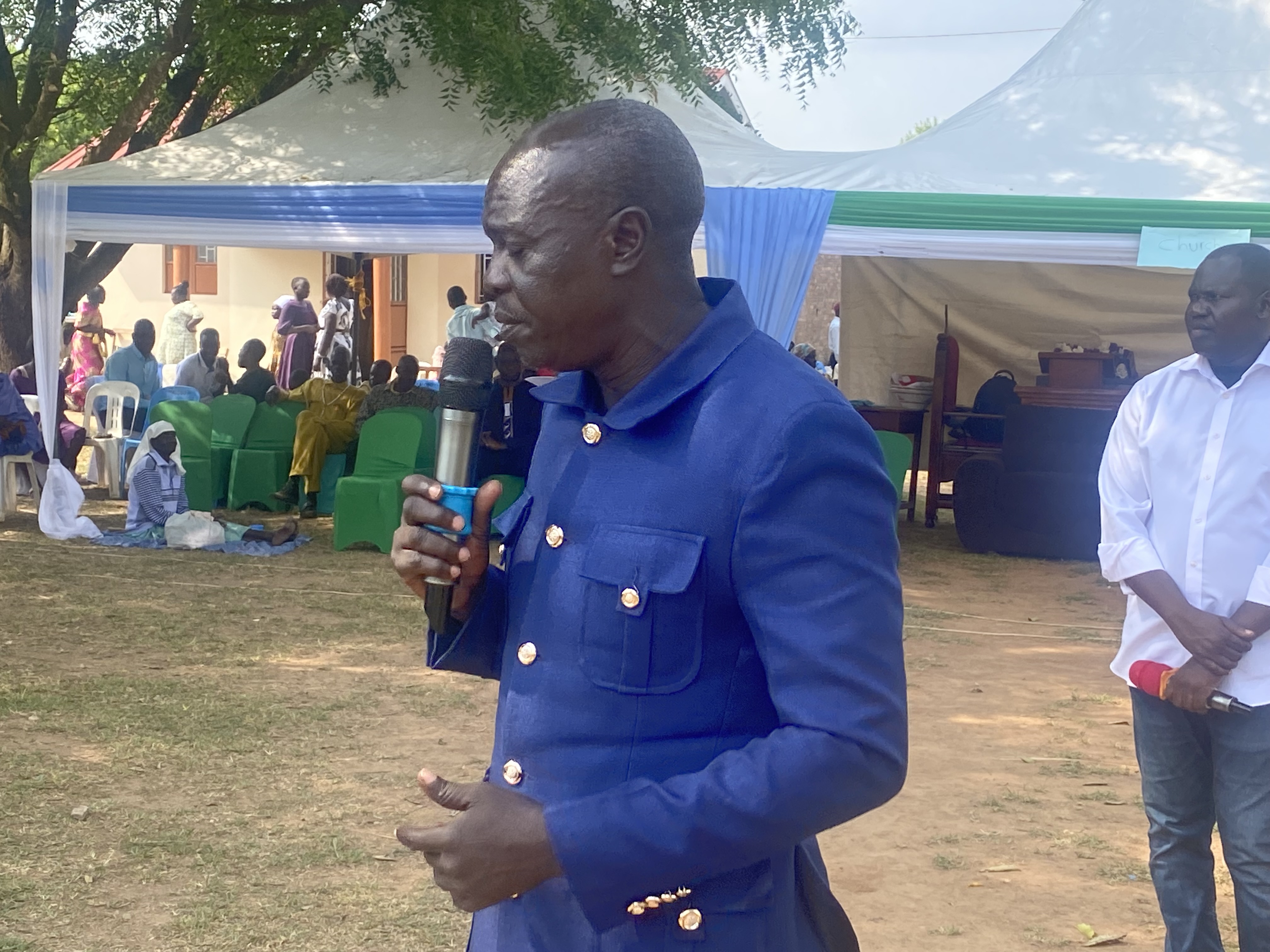
By James Alomu
Soroti, Uganda – Paul Omer, the Division Mayor for Soroti City East, has made a bold and striking comparison between the ruling National Resistance Movement (NRM) and HIV/AIDS, urging the youth to reject the party in favor of the Forum for Democratic Change (FDC) for a better future. Speaking at a youth meeting held at the FDC office in Soroti, Omer described NRM's leadership as a “political virus” that enters the political system and leaves the youth, in particular, suffering.
“NRM is like HIV,” Omer said in a charged address to a packed room of enthusiastic youth. “It enters you and leaves you suffering alone. It’s time we put an end to this cycle and embrace change with FDC.”
The mayor’s fiery speech drew parallels between the NRM government’s policies and the societal impact of HIV/AIDS, emphasizing what he views as the detrimental effects of the party’s rule on Uganda’s young population. He argued that despite decades of NRM leadership, young Ugandans have seen little improvement in their living conditions, employment opportunities, or political freedoms.
Omer, who has been a vocal critic of the NRM's governance, urged the youth not to squander their votes by supporting a party that, in his view, has betrayed them. “Do not play with your vote. NRM has failed us; it’s time for change,” he implored, calling on young people to shift their allegiance to FDC, which he believes offers a path to progress, transparency, and justice.
He voiced confidence that FDC would win the upcoming elections, telling the crowd, “This time, FDC will win. The youth are tired of empty promises, and they are ready for a government that will prioritize their future.”
The mayor’s comments reflect a growing sense of frustration among Ugandan youth, particularly in regions like Soroti City, where unemployment and economic challenges continue to be a pressing issue. Omer's remarks also signal a growing divide between the established political parties, with the FDC positioning itself as the alternative to NRM’s long-standing grip on power.
Omer’s call for a united youth movement in support of FDC has resonated with many, as the party continues to focus on building a stronger presence among the younger generation. FDC's emphasis on democracy, social justice, and political change is seen by many as a beacon of hope for those who feel disenfranchised by the current government.
The mayor’s speech also underscores the importance of youth engagement in Uganda’s political landscape, as the upcoming elections are expected to be fiercely contested, with political parties vying for the youth vote, which has the potential to shape the direction of the country.
As the political season heats up, Paul Omer’s remarks are sure to fuel the debate surrounding the future of Uganda’s leadership and the role of young people in shaping that future. For many, the decision to support FDC could be a defining moment in the quest for a government that truly represents their hopes and aspirations.